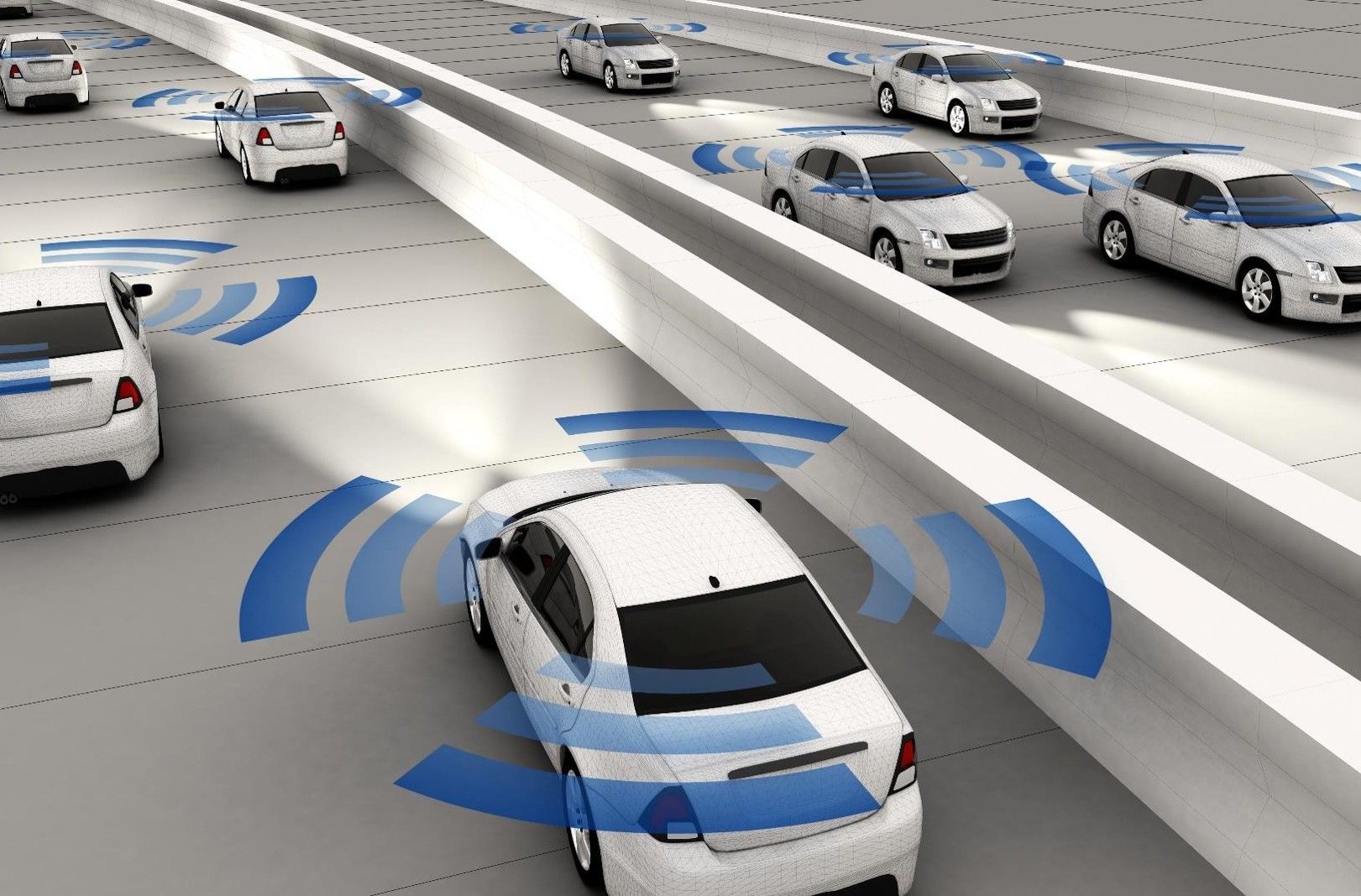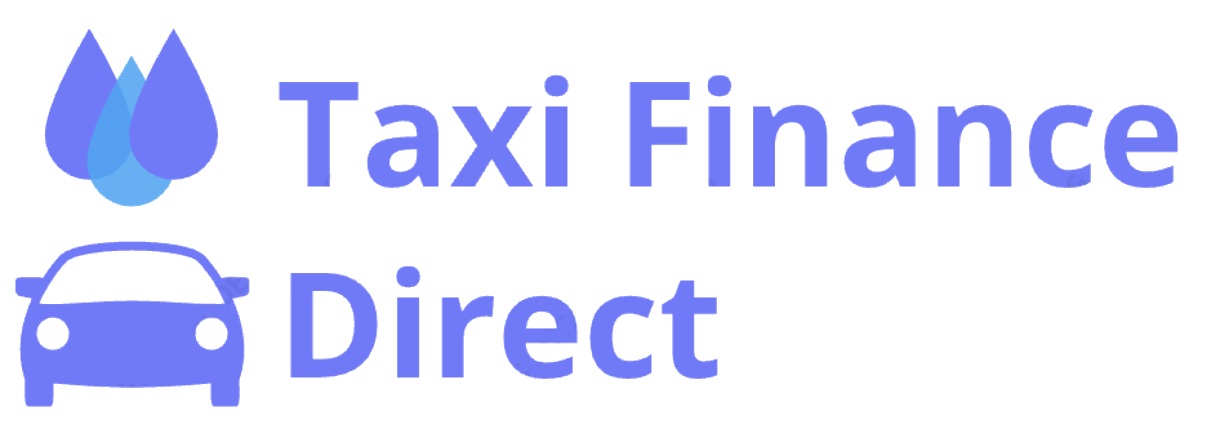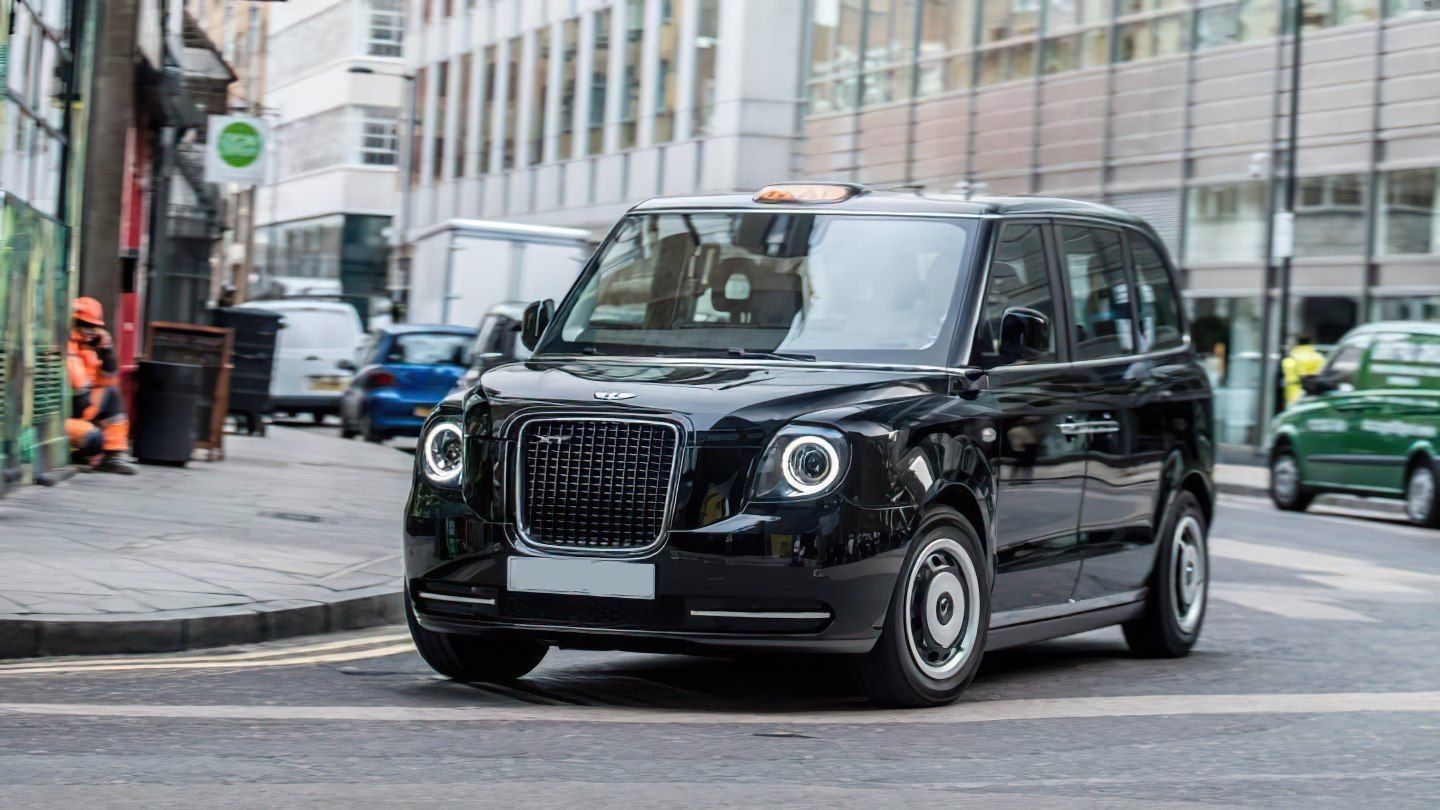"House of Lords Debates Automated Vehicles Bill and Taxi Passenger Data Privacy"

During a House of Lords discussion on 10 January, the spotlight fell on the newly proposed Automated Vehicles Bill, specifically honing in on concerns related to the storage of journey data from automated taxis.
Prominent in this debate was Baroness Randerson, who drew attention to critical issues concerning data protection and national security in the realm of automated vehicles. She underlined the importance of the Information Commissioner's Office's (ICO) response to the Law Commissions' report and stressed the need for Amendment 36, which involves the ICO in establishing rules and standards for data handling in this evolving landscape.
Baroness Randerson outlined two primary concerns: the preservation of personal privacy and data and the matter of national security. With automated vehicles gaining access to extensive data about the UK's road network and traffic patterns, she raised the spectre of a major cyberattack capable of disrupting traffic and wreaking havoc on the economy.
She highlighted the potential impact on the economy, stating, "Can you imagine the impact on the economy of a major cyberattack that could paralyse traffic over a considerable area?" While alluding to the iconic movie "The Italian Job," Baroness Randerson underscored the very real national security implications of potential hacking into the system.
Shifting focus to personal privacy, Baroness Randerson posed crucial questions about data ownership and control. For instance, when a car is sold to another individual, what happens to the data collected by that vehicle? Does it remain with the original owner, or does it transfer to the new owner or the car's manufacturer? She also questioned individuals' right to request data erasure, emphasizing the need for public awareness on these issues.
Baroness Randerson further added, “My second example is of a taxi company. I hire a taxi, so the company concerned therefore knows where I picked it up and where I left it. Does that data belong to the taxi company or to me? I realize that a taxi company now has data on things such as this, but it is in a very much less systematic way.”
The Automated Vehicles Bill aims to regulate the use of automated vehicles on roads and in public spaces, addressing various provisions related to vehicle automation. Notably, it includes disapplication of existing taxi, private hire vehicle, and bus legislation when automated passenger services are provided in permitted areas and vehicles.
The discussion in the House of Lords sheds light on the intricate issues surrounding the integration of automated vehicles into the transport landscape and how the taxi industry is positioned in discussions that could significantly impact the livelihoods of many workers in the sector.
You might also like
Location
Oaktree Business Centre, Mill Lane, Ness, Wirral CH64 8TP
sales@taxifinancedirect.co.uk
Call
0208 004 2813
Authorised and regulated by the FCA – FRN – 727280. Taxi Finance Direct is a trading name of Skyemotion Ltd. We provide unregulated agreements. We process your personal information in accordance with the data protection act. ICO Registration No. ZA135017. Oaktree Court Business Centre, Mill Lane, Ness, CH64 8TP




